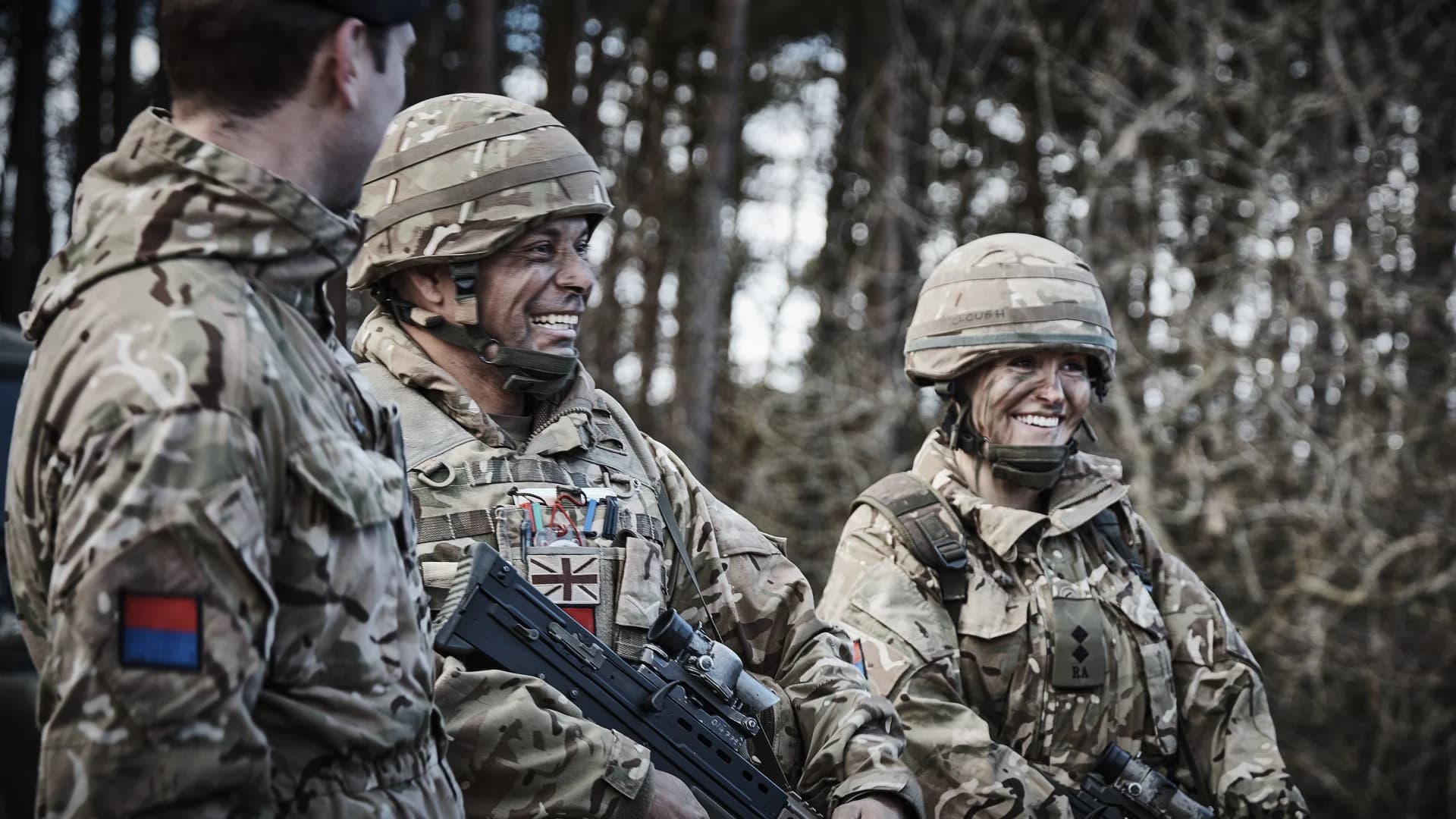
What is the difference between speciality training in the army and the NHS?

Additional information
There's been lots of discussions about the years as a GDMO but what's it like training in a speciality in the army? I understand there are is a slightly limited choice for specialties, but my question is more about how does the training differ to NHS training (e.g. GP training), what are the benefits of staying with the army? Is the pay different? Where would you be doing your training? Also thanks for all your replies so far, you are really providing some great insight into the career.
Gabriella P. asked a question to Tori C.
Category: Role Comparison
Date asked: Wednesday, July 29, 2020
Last reviewed: Wednesday, August 5, 2020

Tori C.
Regimental Medical Officer
Hi Gabriella,
Sorry for the delayed response!
I'm glad you've found some of the other discussions useful.
Every year Army manning will review how many GPs/Consultants we have and how many trainees in each specialty, they will then look at what they think we need in the future, and then produce a list of which specialties have jobs available, and how many jobs there are.
The pay is different, https://assets.publishing.service.gov.uk/government/uploads/system/uploads/attachment_data/file/902421/CCS0520587976-001_00_AFPRB_2020_Web_Accessible.pdf
If you go to page 77, table 1.17 is the pay for GDMO year 1 to mid ST2, then from mid ST2 you move on to table 1.15 until you finish training. The consultant and GP tables can be found on the previous pages.
But in summary, we get paid more.
When it comes to location, this can vary. Sometimes they want you to train in one of the JHGs for your hospital jobs (you can usually pick which one -Frimley, Northallerton, Plymouth, Portsmouth, Birmingham) but occasionally they do let you train in an NHS hospital if there is an appropriate military supervisor/previous military trainees have been there. This can be to our benefit, as it means we can sometimes work in hospitals that are quite competitive to get in to (not many places say no to a free doctor!). Other benefits include the usual military stuff, subsidised housing, travel costs etc.. and they pay for our hospital car parking and will also pay for our exams (if we pass!). The support from the deanery (I think) is better than some of the NHS deaneries. The downside is that you won't always know all of your rotations at the start of training, not such an issue for secondary care jobs as they are fairly static for the first few years, but for GP trainees it can be more problematic. For example, I should have an NHS GP training job in December, but I don't yet know where that will be (hopefully I will soon though!).
I hope that helps, let me know if you have any more questions.
Wednesday, August 5, 2020
This discussion is closed, so no new comments can be added.